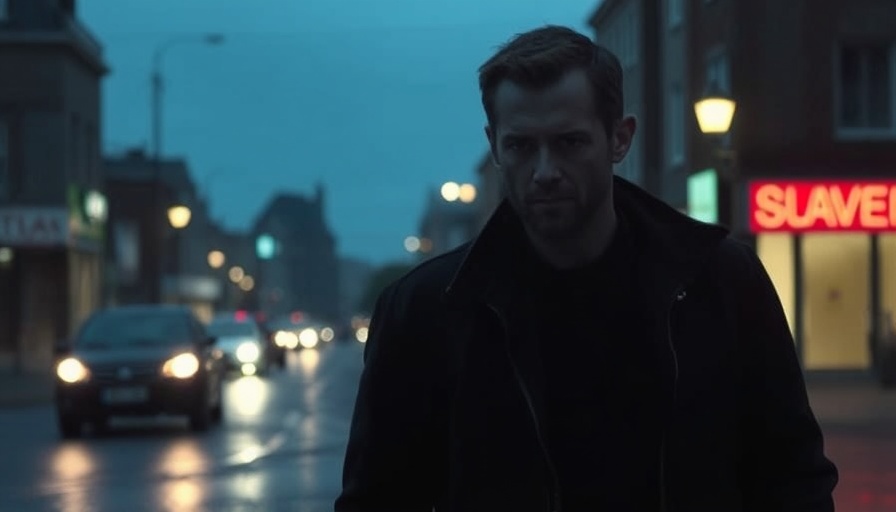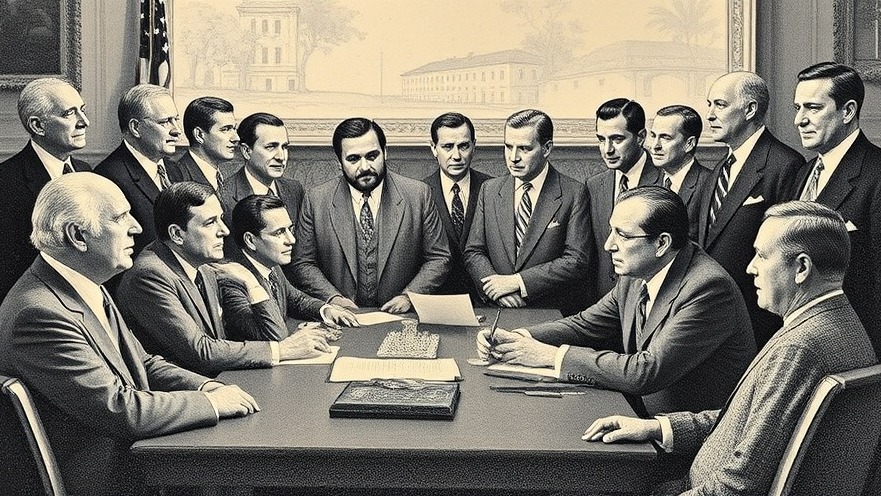
A Darkly Engaging Exploration of Mediocrity
In the world of cinema, the trope of the family moving into their dream home, only to discover it’s a nightmare, has been explored countless times. However, in the film Sharp Corner, starring Ben Foster, this familiar setup is given a surprising twist. The narrative kicks off as the McCall family abandon urban life to embrace the countryside, unaware they are stepping into a world rife with danger and untold challenges.
The Allure of the Ordinary House, the Extraordinary Threat
Upon moving, the McCall family’s suburban life quickly unravels. The seemingly tranquil environment teeters on chaos as a car crash shatters their peace, forcing them to confront the horrifying reality of their new home’s location—a perilous corner notorious for accidents. In this blend of chilling suspense and domestic drama, writer-director Jason Buxton provides a compelling examination of the dangers that lurk beneath the facade of ordinary life, highlighting the unsettling journey of a man caught in the throes of mediocrity and existential dread.
The Psychological Undercurrent
What makes Sharp Corner so engaging is its ability to delve into the psyche of its main character, Josh McCall, portrayed masterfully by Ben Foster. Rather than simply being distressed by the accidents occurring in his front yard, Josh becomes increasingly obsessed with them, leading him down a path of moral confusion. Buxton presents a character whose quest for significance leads to an unsettling exploration of human nature, asking us to reflect on the lengths we might go for recognition in a world that often overlooks us.
Mirror to Society's Flaws
This film’s timing couldn’t be more poignant, considering today’s climate where societal demands for validation and significance often overshadow true personal growth. Sharp Corner resonates with viewers, particularly in the age of social media, where the thirst for attention can prompt self-destructive behavior. Josh’s journey, while dark, serves as a cautionary tale demonstrating how entitlement, combined with mediocrity, can manifest in destructive ways.
Sustaining Momentum through Character Development
A well-crafted story is often propelled by robust character arcs, and Josh’s transformation from a disgruntled commuter to a reckless participant in his neighborhood's tragedies exemplifies this captivating development. While some viewers may find the initial pacing of the film to lean towards predictability, the unraveling complexity of Josh’s behavior keeps audiences engrossed. His descent reflects a deeply rooted fear of insignificance, mirroring a struggle many individuals face in their everyday lives—especially among those in the gig economy or engaged in freelance work, where competition is fierce and self-worth often tied to external validation.
Conclusion: A Film Worth Reflecting On
In Sharp Corner, viewers not only witness a thrilling story but are also invited to engage in a broader commentary about the human condition and societal expectations. The film compels us to examine our ambitions and the often perilous roads we take in pursuit of significance. For digital nomads and those navigating the complexities of modern work and identity, there are lessons to glean about balance, neglecting burnout, and the essence of what truly defines success.
As we contemplate our paths in life—whether they take us to bustling cities or serene countrysides—it’s essential to keep in mind that the journey is just as significant as the destination. In seeking greatness, we must navigate the sharp corners of our lives, ensuring we don’t lose ourselves along the way.
 Add Row
Add Row  Add
Add 




Write A Comment